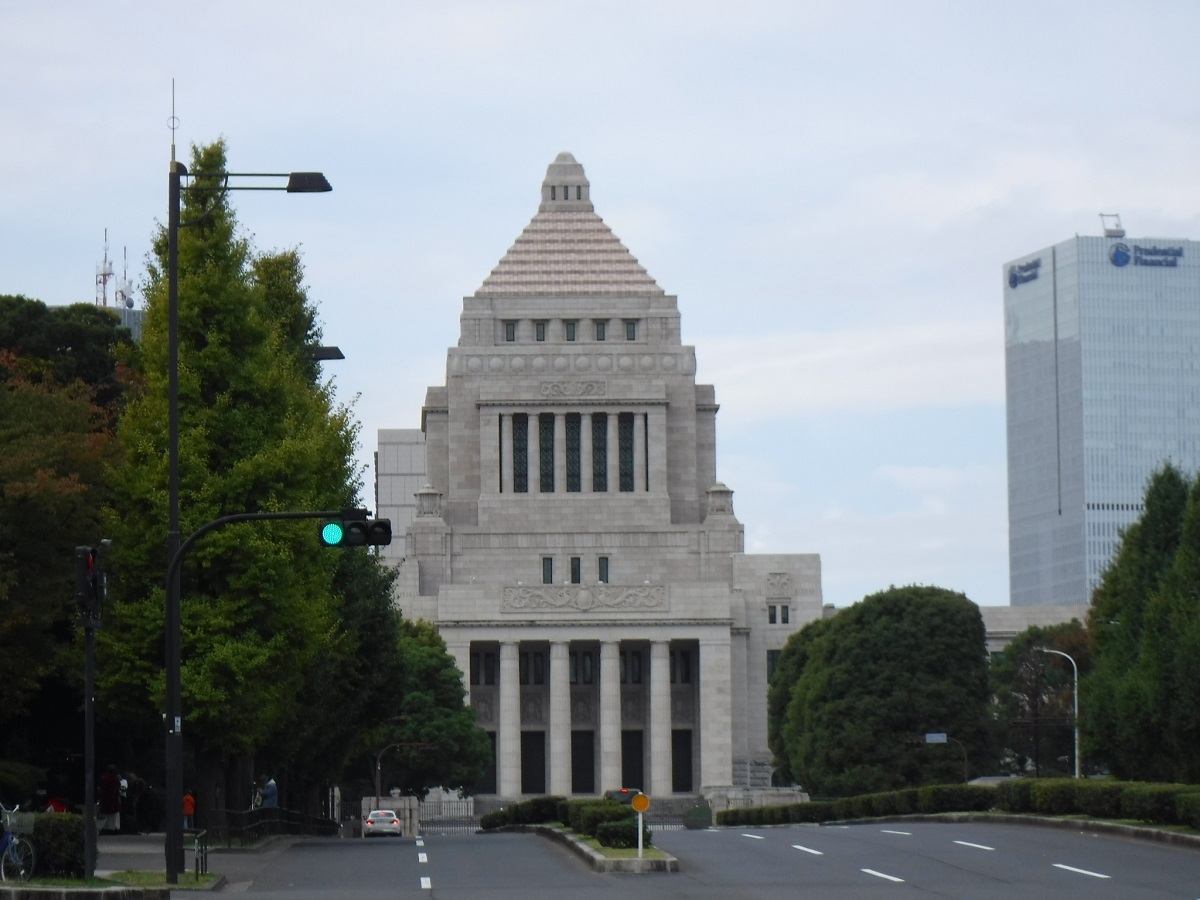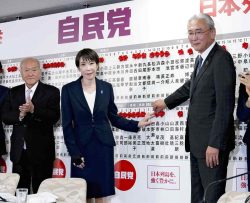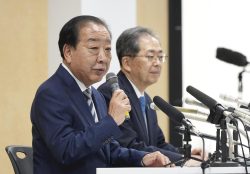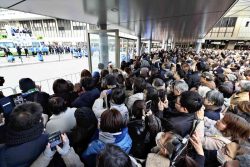
The Diet building in Chiyoda Ward, Tokyo
15:17 JST, October 15, 2024
Prime Minister Shigeru Ishiba is taking a calculated but confident risk by calling a snap election just 26 days after the launch of his administration, figuring he can come out on top in a quick battle after receiving high initial approval ratings.
Ishiba chose to dissolve the House of Representatives and call the election despite the headwinds that the ruling Liberal Democratic Party is facing in the wake of the recent political funding scandal.
The LDP has a history of success in snap elections soon after a prime minister takes office.
Most recently in the 2021 lower house election, then Prime Minister Fumio Kishida set the date for voting 27 days after his administration was launched, which was a week earlier than had been expected. The result was a victory for the LDP.
But not everything has gone the LDP’s way. After taking office in September 2008, then Prime Minister Taro Aso mistimed the dissolution of the lower house. He was forced to do so just before the lower house members’ terms expired, and the LDP was dealt a landslide defeat.
Such precedents seems to have encouraged Ishiba to make his decision.
Opposition parties have been critical, saying that Ishiba’s quick dissolution of the lower house was aimed at keeping him from being grilled on the political funding scandal in Diet debates.
“It is a blatant action to cover up the issue of the slush funds,” said Yoshihiko Noda, president of the Constitutional Democratic Party of Japan.
Top Articles in Politics
-

Japan PM Takaichi’s Cabinet Resigns en Masse
-

Sanae Takaichi Elected Prime Minister of Japan; Keeps All Cabinet Appointees from Previous Term
-

Japan’s Govt to Submit Road Map for Growth Strategy in March, PM Takaichi to Announce in Upcoming Policy Speech
-

LDP Wins Historic Landslide Victory
-

LDP Wins Landslide Victory, Secures Single-party Majority; Ruling Coalition with JIP Poised to Secure Over 300 seats (UPDATE 1)
JN ACCESS RANKING
-

Japan PM Takaichi’s Cabinet Resigns en Masse
-

Japan Institute to Use Domestic Commercial Optical Lattice Clock to Set Japan Standard Time
-

Israeli Ambassador to Japan Speaks about Japan’s Role in the Reconstruction of Gaza
-

Man Infected with Measles Reportedly Dined at Restaurant in Tokyo Station
-

Videos Plagiarized, Reposted with False Subtitles Claiming ‘Ryukyu Belongs to China’; Anti-China False Information Also Posted in Japan






















